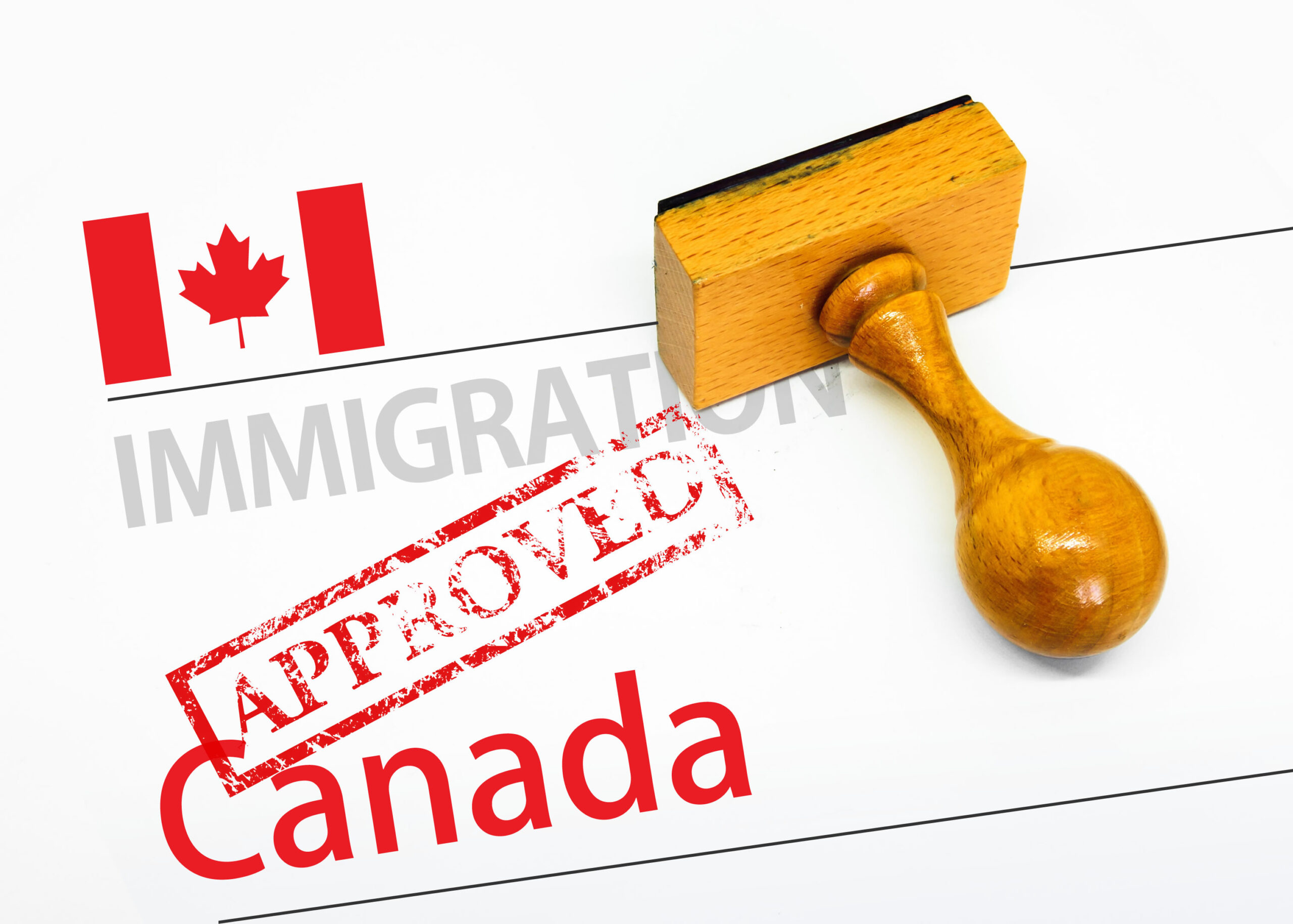Change is a constant in every industry, and the motor carrier industry is no exception. So, if you manage a fleet or are a commercial driver, you’ve probably heard that, effective June 12, 2022, the Electronic Logging Device (ELD) mandate will come into full force in Canada.
Noteworthy is the fact that only 3rd Party certified ELDs will be allowed in Canada, as described in the Commercial Vehicle Drivers Hours of Service Regulations (HOS), unless a commercial driver is otherwise exempt.
You’ve also likely heard that Fleet Complete’s BigRoad ELD solution has recently been officially certified as compliant to service the Canadian marketplace, helping fleets meet their ELD needs on either side of the border.
It shouldn’t come as a surprise that ELDs have found their way into Canada. Similar ELD rules have been in place in the U.S. for a couple of years now. It was only logical that a ‘Made-in-Canada’ ELD rule would follow suit.
On the surface, it may seem like Canada is merely following the U.S. lead, and that ELDs will only slow the industry down.
The reality is that ELDs benefit everyone from the front-line driver, through to dispatch, operations, safety and compliance, and up the food chain to the decision makers in a fleet.
By automating a driver’s record of duty status (RODS) changes during a trip, it will not only result in more accurate data, but will also lessen the administrative burden on everyone.
A long-time advocate for industry and current Vice-President of Safety, Compliance and Regulatory Affairs, and host of Ask the Expert at Fleet Complete and BigRoad, Marc Moncion believes that most commercial drivers have become proponents of ELDs. This is particularly the case for North-South drivers, who’ve already been using ELDs to meet U.S. HOS regulations.
“I’ve spoken to several commercial drivers both before and after the deployment of ELDs in the U.S. and now coming to Canada. At first, many were reticent to adopt ELDs. They feared that Big Brother would be looking over their shoulder, and slowing them down. When I speak to the same drivers today, the common feedback I get is that they love the technology. The main benefit driver’s find is that the BigRoad ELD helps to keep them safe and legal. How is that done? Well, by eliminating the debate with dispatch and customers when it is clear that a load cannot be delivered to its destination, according to legal HOS limits on both sides of the border. Essentially, the ELD is a godsend, and drivers don’t ever want to go back to the days of paper logs.”
According to Moncion, the biggest lessons learn from the U.S. ELD transition is for motor carriers to get onboard with a Transport Canada Certified ELD Vendor sooner than later. Please, don’t wait until the last minute, or you might be out of luck! This is particularly the case given the current microchip shortage that is impacting the entire supply chain.
There is genuine concern that, as we get closer to the June 12, 2022, enforcement date, some ELD vendors will not be able to supply the demand for ELD devices.
The other important consideration is that Transport Canada has made it very clear that, unlike in the U.S., there will no Grandfather Clause to extend the deadline beyond June 12, 2022 in Canada.
According to Moncion, here are the 5 main benefits that industry will be able to leverage with the new Canadian ELD rule.
- Road safety for all motorists, and not just commercial drivers
This is key! ELDs encourage safe driving by removing the incentive and ability for a driver to get creative with their HOS log. Rather than feeling pushed beyond safe legal limits, commercial drivers can drive safely, while also getting the required rest knowing that they are complying with HOS. This translates to fewer accidents and a safer driver environment for all motorists on the road.
Increased safety is directly linked to a better bottom line. Fewer accidents can result in reduced costs for insurance, out-of-service orders at roadside, expensive recovery and towing charges, costly repairs, and driver morale due to working for an unsafe fleet. Plus, ELD monitoring can improve the accuracy of dispatch and load planning, which removes strain to all in the supply chain.
- Enhanced Operational Efficiency & Positive ROI
Once you’ve deployed ELD, fleet will likely find that you’re immediately cutting costs. By eliminating paper logs, you’ll be virtually eliminating the administrative burden across your entire organization. It’s one less task for drivers, meaning they can maximize their time behind the wheel to deliver the goods.
As the ELD is bundled with other Fleet Complete solutions, drivers will have in their arsenal many valuable tools and features. These solutions can also provide key diagnostics on engine fault codes and other metrics important for maintenance, resulting in fewer in-transit breakdowns. The bottom line is loads get delivered in a timely manner and at a lower cost.
- Level Playing Field for All Fleets
A key part of ELD enforcement is that it puts all fleets on a level playing field. Every motor carrier will be operating under the same rules. With ELD monitoring, fleets no longer have to compete with non-compliant motor carriers that encouraged drivers to get creative with their logs to meet unreasonable delivery schedules.
The end result is a level playing field, where only the best in class and safest fleets will be able to deliver the expected service to customers. And once you have your BigRoad ELD deployed, your carrier safety ratings on both sides of the border should improve. This will translate in less time spent being inspected at the scales.
- Improved HOS Compliance
It’s a known fact that drivers want to service their clients safely and compliantly and get back to their family issue-free. Since your BigRoad ELD tracks all of a driver’s duty status changes during a trip, with up-to-the-minute precision, the chances for form and manner HOS violations is virtually eliminated.
BigRoad ELD is also configured to provide alerts to drivers and fleets in real time, before a driver is about to run out of time or generate an HOS violation. This facilitates better trip planning and improved driver compliance. The ELD also generates accurate digital copies of a driver’s record of duty status (RODS) to speed up the data transfer of logs to a safety official at roadside.
- A Happier Fleet of Drivers
Drivers are vital to the motor carrier industry, and fleet managers all strive to be the best-in-class to keep these road knights behind the wheel of their commercial vehicles. ELDs can and will help fleets to attract and retain their driver lineup, by demonstrating how committed you’re to running efficient and safe operations. Drivers will feel empowered to make better decisions, know that a fleet will have their back, and be confident that they will be paid a fair wage based on the hours they’ve actually worked and logged.
Another key value add is the built-in connectivity of ELDs that provides a real-time conduit among drivers and back-office staff, who otherwise spend long hours working alone. And Fleet Complete’s Vision 2.0 – AI-powered, dual-facing, LTE-connected dash cam – can also be deployed to help in the event of an accident by providing video evidence, showing how the vehicle operated prior to the accident.
Canada’s ELD rule is going to benefit everyone by creating safer road habits for drivers and improve efficiency within fleets that employ them.
If you want to learn more about how ELDs work, what they can do and how to make sure your fleet is compliant before safety official begins enforcing the new rules in June 2022, contact Fleet Complete Customer Support at 1-888-305-8777, or to go the Fleet Compete and BigRoad homepages to get more information on BigRoad ELD solution.





Comments are closed